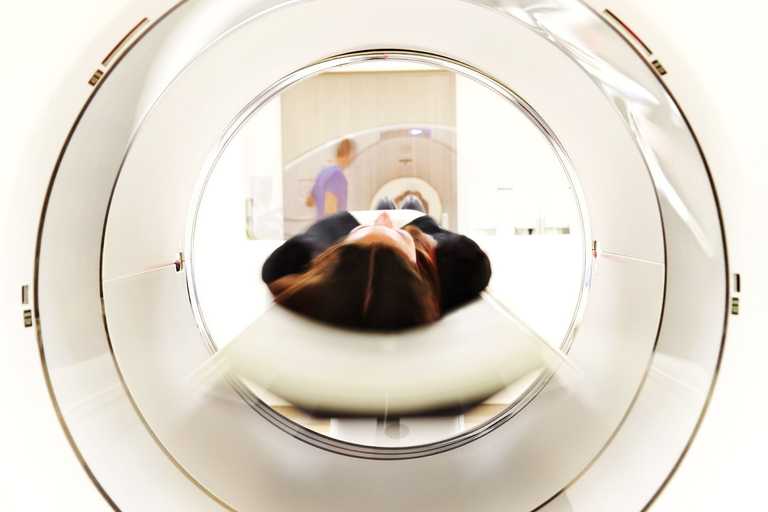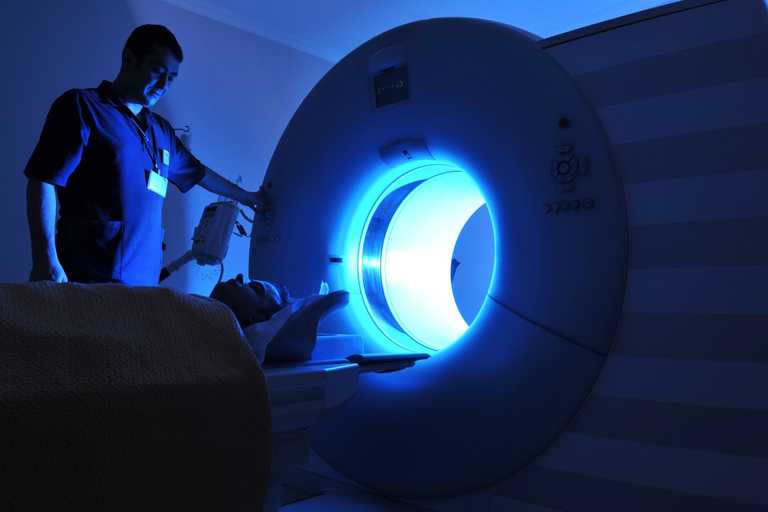
General Medicine
If a health concern is stopping you from getting the most out of life, it’s good to know that at Prime Health ...

The older we get, the more aware we are of cognitive impairment (trouble remembering, learning new things, concentrating, or making everyday decisions). The population across the UK is getting older, which is great, but older age has always been intrinsically linked with memory loss and a mild deterioration in brain health and function.
There are currently approximately 900,000 people in the UK living with some form of dementia and far from decreasing in the coming years as a result of enhanced research and better healthcare, Alzheimer’s UK expects to see this figure rise as we continue to live longer.
A growing body of evidence suggests that up to 40% of dementia cases may be preventable. Factors that include environment, your health, education and lifestyle can have a considerable impact on your risk of developing dementia.
At Prime Health, we empower people to take control of their health and where possible, we believe that prevention is better than cure. We hope this article will provide you with some useful information to help you keep your brain healthy as you age.
There are several factors which will contribute to ensuring you keep your brain cells healthy as you age:
Research suggests that prioritising regular exercise, a healthy and varied diet, plenty of sleep, staying socially active and keeping mentally active can help slow the natural decline of brain function as you get older.
Not everyone with dementia and cognitive impairment has a diagnosis, and this can make management of the disease and ongoing healthcare difficult to navigate, both for the patient and their family and loved ones. When you undergo regular health checks, you arm yourself with an understanding of your state of health and make it easier to create an effective treatment plan.
It is anticipated that around 30 to 35% of adults over the age of 65 have some form of cognitive decline as a result of the regular ageing process and the following advice and tips are aimed at those who want to look after and nurture their brain health and function for the foreseeable future.
Whilst there are many websites out there claiming to test your brain health and offering free brain-health assessments, there is no single test for dementia. A diagnosis for memory difficulties needs to be undertaken by a GP or specialist who will use a combination of tests and assessments and may include an MRI scan of the brain.
If you have early symptoms of memory difficulties, a range of cognitive assessments is often carried out initially by your GP and aims to test memory and thinking. The memory tests and cognitive assessments will assess different mental abilities and will look at:
It is recommended that if you, or someone close to you, notice a decline in your brain health you should contact your GP to discuss any concerns you may have.
As you grow older there is a natural decline in your brain health. Common changes in your mental ability as you age may include:
These changes may start occurring in your 50s and 60s. Whilst these may be an initial cause of concern and frustration, such changes are not always a sign of degenerative brain conditions such as dementia or Alzheimer’s disease. It is however important to speak to your GP if you notice a change in your mental ability or someone close to you.
Dementia is a loss of cognitive functions beyond the general symptoms of ageing. It is a disease which damages the brain. Early symptoms of dementia can include:
Such symptoms may gradually get worse over time and become more noticeable to those close to you. If you or someone you know starts to experience similar symptoms it is recommended to make an appointment with your GP so that you can discuss any concerns you may have in more detail and so they can carry out an assessment if they believe it is necessary.

Mental decline is a normal part of ageing and should be expected to some extent, but keeping your brain in as good a condition as possible can reduce the impact it may have on your life.
Ask us about the prevention of any condition or ailment, and exercise and movement will almost always make it onto the list. The simple fact is that regular exercise keeps your blood pumping and pushing oxygen-rich blood to the brain, supporting the maintenance of the brain connections which can often decline as a natural part of ageing. Short bursts of exercise daily are a great way to maintain your brain health – and it will help keep you fit and active well into retirement!
If you haven’t yet joined the Wordle or Nerdle craze which is sweeping the internet, or you aren’t a regular with the newspaper crossword, then now is the time to get started.
When you dedicate some of your time and energy to activities which force you to think, you’re exercising your brain in the same as you would any other muscle in the body.
They don’t all have to be challenging tasks – activities like reading, drawing, and other crafts can all help to exercise the brain. A diverse range of activities is best for maintaining a healthy brain.
While specific food types won’t ward off dementia, a poor diet can contribute to general ill-health and a decline in brain function. It follows, therefore, that a commitment to eating healthily can help to keep your brain in excellent shape.
The following foods[1] should play an important part in your regular diet:
Colourful fruits and vegetables – berries, for example, are known for their cognitive benefits. Fatty fish – high in omega-3 and healthy fats, fatty fish like salmon, trout, and tuna are all essential for supporting brain health, learning, and memory
Caffeine – small doses of caffeine can make you more alert and can sharpen your concentration as well as improve your mood
Turmeric – this bright yellow spice is no longer the reserve of curries and soups and has made its way onto many a coffee shop menu. Turmeric boasts antioxidant and anti-inflammatory properties which can boost memory and stimulate new brain cell growth
Dark chocolate – looking for a sweet treat? By choosing dark chocolate you’re giving your brain a healthy dose of flavonoids, caffeine, and antioxidants which all support key brain functions
Nuts – nuts are linked with a healthy heart, and a healthy heart means a healthy brain
Oranges – high in vitamin C, we often reach for an orange when we are feeling under the weather. But vitamin C is also integral for brain health and helps to deter mental decline
There are plenty of foods which help to keep your brain healthy, but it’s also important to avoid the foods which may be having a negative impact on your brain function. These include excessive alcohol, sugary drinks, refined carbs, red meat and highly processed foods such as white bread, pizza dough, pasta, pastries, white flour, white rice, sweet desserts, and many breakfast cereals.
Consider this your excuse to get that afternoon nap in! When you sleep, your brain can store memories, regenerate brain cells and boost cognitive function. And it’s not just sleep itself that’s important – as you age, it becomes even more crucial to work out a sleep-wake routine which remains consistent and helps you to build and support a good sleep pattern.
Not only is socialising good for your mental health, but it is also good for the underlying cognitive health of your brain. Both listening and responding will help keep your brain stimulated.
Socialising is also closely linked to a reduction in feelings of depression which can have a negative impact on brain health when allowed to set in. Carve out some time each day to catch up with friends or family members and occupy your brain through conversation and activity.
There is a strong link between hearing loss and dementia and there is currently significant research being undertaken, not least to identify if hearing-loss causes dementia, or if dementia causes hearing loss.
Nowadays there are many solutions available to help enhance your ability to hear. If you feel that your hearing is not what it used to be, see a hearing specialist or audiologist and stay engaged with the world.
There are other lifestyle habits which you can adopt, all of which will help maintain good brain health. Regular exercise, maintaining a healthy weight with regular exercise, getting your hearing checked and minimising stress will all help reduce any natural decline.
If you are experiencing memory problems or are concerned about the brain health of yourself or a loved one, then contact your GP who can work with you to understand the challenges, accurately assess and diagnose the problems you are experiencing and create an effective treatment plan.
Did you know, that if you already have a GP referral, you can book an MRI scan, ultrasound, CT or x-ray directly via our website?
Learn moreRegister today for Prime Health Surrey's online booking system. Book and manage appointments at your convenience.
Learn moreOur unique fast-track self-pay MRI Prostate Health Check has been designed to provide you with the results you need quickly and accurately - with or without a referral.
Learn moreIf an injury is preventing you from fully enjoying life, you can now self refer and book an MRI scan at each of our centres, immediately. Same day appointments available.
Learn more


